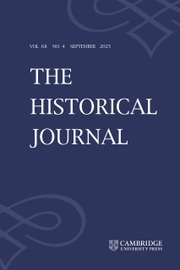The University of Edinburgh School of History, Classics & Archaeology has a Call for Papers for a conference on the League of Nations. Here the call:
November 2020 marks the centenary of the first meeting of the Assembly of the League of Nations in Geneva. The League was established by the Peace Conference at the end of the First World War to ‘promote international cooperation and to achieve international peace and security.’ The range of its activities was considerable and in recent years there has been renewed scholarly interest in the important work it undertook, which retains a relevance for modern policy makers.
Keynote speakers include:
Professor Glenda Sluga (University of Sydney)
Professor Peter Jackson (University of Glasgow)
Dr Madeleine Dungy (École Polytechnique Fédérale de Lausanne)
Due to the continuing uncertainties presented by COVID-19, the conference will be held entirely online, through Microsoft Teams. There is no registration fee, but all attendees must register their interest via this web form. We would welcome 20-minute papers on any of the following aspects of the work of the League, and its role in the shaping of the post-First World War international system:
The work of the League – mandates, minority protection, refugees, economics and finance, disarmament and peace-making
The British Foreign Office and Geneva – the League Council and Assembly, British priorities
The League and its operation – the international civil service, the League and international law
The social work of the League – health, trafficking, women’s rights and gender equality
The cultural impact and legacy of the League – the LNU, peace movements, the League and popular culture, global governance in the twentieth and twenty-first century.
ECRs and PhD students are particularly encouraged to submit papers for panels consisting of three 20-minute papers. Those wishing to present papers are invited to submit a 250-word abstract and one-page CV to Dr David Kaufman, (D.Kaufman@ed.ac.uk) by 20 August, 2020.











